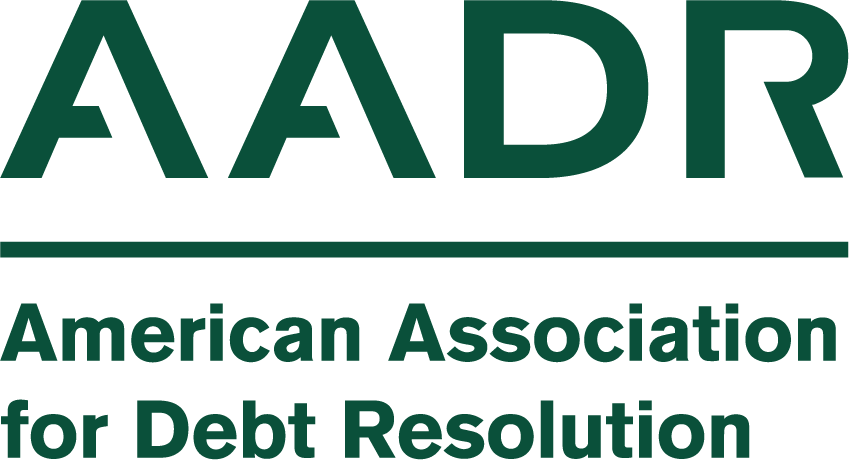October is National Economics Education Month (NEEM) in the United States.
How does this month differ from Financial Literacy Month, which is celebrated in April? According to the organization devoted to celebrating NEEM, economics is broader — it is “the study of scarcity,” and of how people use resources, respond to incentives, or make decisions. It involves topics surrounding financial literacy, but “it’s not all about money.” It is about history, public policy, and more.
Still, there are similarities. Knowledge of both, for example, can help people stay out of debt. As with financial literacy, “students with a clear understanding of basic economic principles will be better equipped to create a better life, not only for themselves but those around them,” NEEM organizers explain.
The state of economics education in America
According to the Council for Economic Education’s (CEE) 2024 Survey of the States, more Americans have access to financial literacy and economics education than ever before. (CEE advocates that states require financial literacy and economics education as a condition for high school graduation. Full disclosure: AADR supports the organization.)
More than half of U.S. states, 28, require students to take a course in economics to graduate. Thirty-five states require students to take a course in personal finance to get their diploma.
As Stanford Institute for Economic Policy Research Senior Fellow Annamaria Lusardi, a speaker at AADR’s 2024 Annual Conference, explained in a paper released last year, the financial knowledge that comes through these courses is an important component of addressing wealth inequality. Financially literate individuals make investment decisions and better allocate financial resources.
Correspondingly, people who lack financial literacy are more likely to engage in high-cost borrowing and to have inadequate financial planning over both the short- and the long-term.
While younger, less-educated individuals are more likely to struggle with financial literacy, one-third of Americans with a master’s degree lack a basic understanding of how inflation worked. Forty percent do not understand risk diversification.
Americans are not alone. At our conference, Lusardi said strikingly low levels of financial literacy exist around the world, including in countries that, like the United States, have advanced economies with well-developed financial markets.
Lack of economic, financial literacy has real consequences
“By studying how markets work, [individuals] learn how to make efficient choices in managing their own scarce resources, such as time and money,” William Poole, who had just been named president of the Federal Reserve Bank of St. Louis, wrote in July 1998.
That lesson is as relevant today as it was then. People who lack economic and financial literacy are more vulnerable to the shocks of life, be it a health scare, a lost job, or a natural disaster.
Lusardi measures financial fragility by asking individuals how confident they are that they could come up with $2,000 if an unexpected need arose within the next month. Those who say they definitely or probably could not come up with that sum of money are considered financially fragile. Between the Great Recession in 2008 and the COVID-19 pandemic, financial fragility in the United States was cut nearly in half. In 2009, 50 percent of Americans said they could not come up with $2,000. In 2020, that number was down to 26 percent. In 2024, it was 28 percent.
The U.S. Census Bureau’s latest Household Pulse Survey (HPS), which explores households’ financial, health, housing, and employment situations, paints a bleaker picture, however. Based on data from the HPS, LendingTree estimates financial insecurity in 2024 was up 6.7 percent compared to the same period in 2022. For Americans aged 18-24, financial insecurity expanded a whopping 25 percent.
Today, more than one in three American households, 36.4 percent, reported they are having difficulty covering their basic expenses. The number of households reporting they are struggling rose in 31 states between 2022 and 2024.
Financial difficulty knows no region. In Wyoming, 40.3 percent of households said they are struggling to shoulder basic household expenses. With 43.9 percent of households reporting trouble handling expenses, Alabama had the most financially insecure households. Vermont and New Hampshire saw two of the largest spikes in financial insecurity over the last two years.
How to celebrate National Economics Education Month
The organizers behind NEEM offer several ways to celebrate the month, including:
- Families having open conversations about how they arrive at financial decisions;
- Teachers inviting community and business leaders to visit their students to see how they approach spending, saving, and investing; and
- Students reaching out to business and government leaders to advocate for quality economic education in schools.
The team at AADR suggests one other way to celebrate: support organizations like the Council for Economic Education, or CEE. AADR member companies have contributed $16,000 for CEE this year, and AADR has pledged an additional $25,000. (Thank you to these companies who have already stepped up: Beyond Finance, DMB Financial, Forth, Inc., Global Holdings, Greenwise Financial, and JG Wentworth.) Additionally, 60 people joined a fundraiser at our 2024 Annual Conference that raised an additional $6,750.
These contributions will support:
- Year-round professional development opportunities, including training for teachers new to the subjects of financial literacy and economics;
- CEE’s annual educator conference, which reaches approximately 500 participants each year and provides teachers with tools and lessons they can bring back to their classrooms;
- CEE’s National Personal Finance Challenge, a nationwide competition that offers high school students an exciting way to build and demonstrate their own financial literacy skills, and
- Other advocacy efforts and events like the FinEd50 coalition, which works to enact personal finance graduation requirements in all states.
Make a donation at this link.



